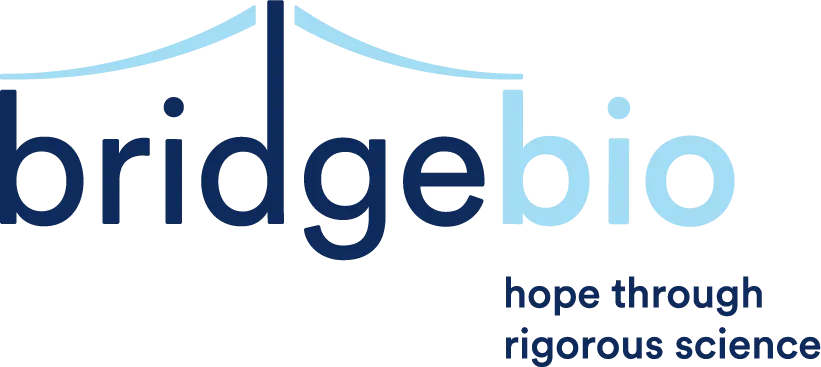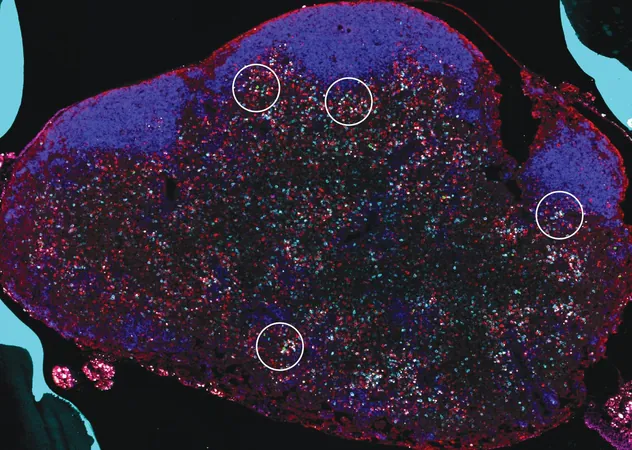
Groundbreaking Phase 2 Study Reveals Record Height Gains for Children with Achondroplasia Using Infigratinib
2024-11-18
Author: Sarah
Exceptional Results: Height Growth and Body Proportionality
Cohort 5 of the PROPEL 2 trial, involving daily administration of infigratinib at a dosage of 0.25 mg/kg, demonstrated substantial increases in annualized height velocity (AHV). After 18 months, participants experienced an impressive average height gain of +2.5 cm/year, statistically significant with a P-value of 0.001. Additionally, the mean height Z-score improved by +0.54, while body proportionality also saw enhancements, indicating overall positive health implications for children living with this genetic condition.
Dr. Ravi Savarirayan of Murdoch Children’s Research Institute, a lead investigator for PROPEL 2, emphasized the significance of these results not just for increasing height, but for improving overall functionality in affected children.
No Serious Safety Concerns Detected
One of the most reassuring components of the study's findings is the favorable safety profile associated with infigratinib. No serious adverse events or factors leading to treatment withdrawal were noted. Experts were pleased to find no issues related to accelerated bone age or detrimental changes in bone mineral density, addressing potential concerns around skeletal health in young patients.
What’s Next for Infigratinib?
Encouragingly, the PROPEL 3 study, a global Phase 3 registrational trial, is actively enrolling participants, with completion expected by the end of 2024. This will further investigate the therapeutic potential of infigratinib in a larger population. Furthermore, infigratinib has been recognized with Breakthrough Therapy Designation, along with Orphan Drug and Fast Track Designations from the U.S. FDA, showcasing its promise as a pivotal treatment.
Understanding Achondroplasia
Achondroplasia affects around 55,000 individuals in the U.S. and EU, with significant repercussions on health and quality of life. The condition is linked to various complications, such as spinal stenosis and obstructive sleep apnea, resulting from a mutation in the FGFR3 gene. The success of infigratinib could potentially offer a game-changing treatment avenue for many families grappling with the implications of this condition.
A Glimpse into the Future
As BridgeBio continues its journey into this groundbreaking territory, the potential for infigratinib to become a leading treatment for children with achondroplasia remains in the spotlight. With rigorous studies ahead, the medical community holds high hopes for effectively mitigating the challenges faced by children with skeletal dysplasias.
For regular updates on the ongoing trials and to join the conversation about this breakthrough development, don’t forget to follow BridgeBio Pharma on their social media platforms and stay tuned for more updates as this story unfolds!




 Brasil (PT)
Brasil (PT)
 Canada (EN)
Canada (EN)
 Chile (ES)
Chile (ES)
 España (ES)
España (ES)
 France (FR)
France (FR)
 Hong Kong (EN)
Hong Kong (EN)
 Italia (IT)
Italia (IT)
 日本 (JA)
日本 (JA)
 Magyarország (HU)
Magyarország (HU)
 Norge (NO)
Norge (NO)
 Polska (PL)
Polska (PL)
 Schweiz (DE)
Schweiz (DE)
 Singapore (EN)
Singapore (EN)
 Sverige (SV)
Sverige (SV)
 Suomi (FI)
Suomi (FI)
 Türkiye (TR)
Türkiye (TR)